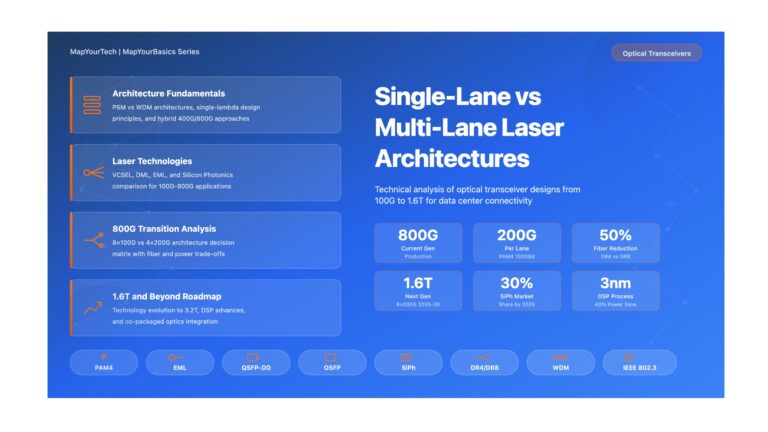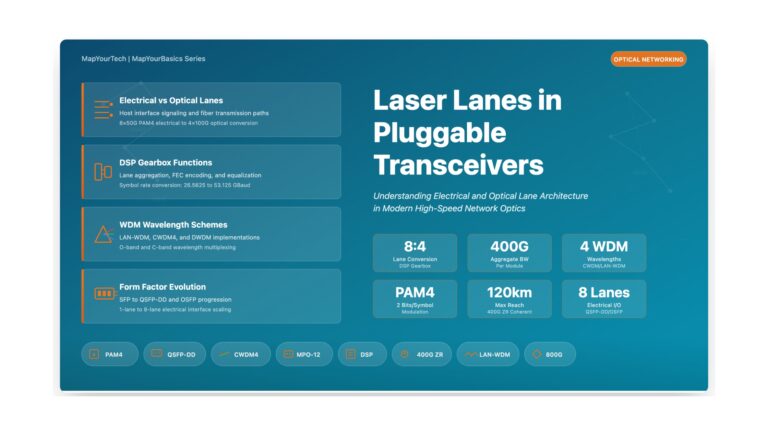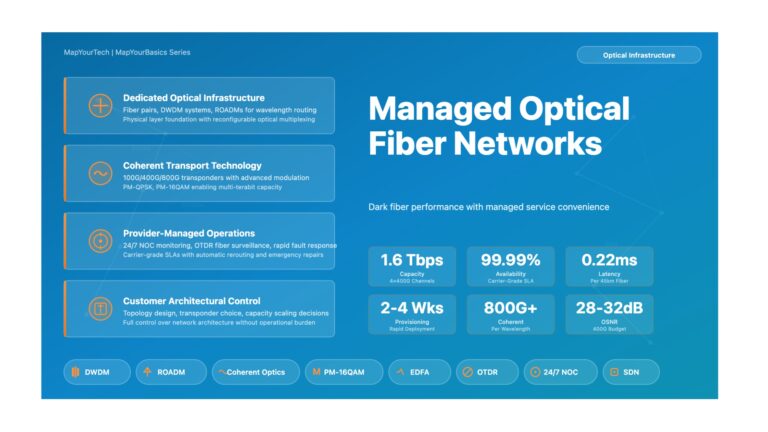- Packet Switching Capable (PSC) layer
- Layer-2 Switching Capable (L2SC) layer
- Time Division Multiplexing (TDM) layer
- Lambda Switching Capable (LSC) layer
- Fiber-Switch Capable (FSC)
And as per Layered architectures concepts ;above technologies are correlated as:-
- Layer 3 for PSC (IP Routing)
- Layer 2.5 for PSC (MPLS)
- Layer 2 for L2SC (often Ethernet)
- Layer 1.5 for TDM (often SONET/SDH)
- Layer 1 for LSC (often WDM switch elements)
- Layer 0 for FSC (often port switching devices based on optical or mechanical technologies)
**********************************************************************************************
In a “N” Layered Network Architecture, the services are grouped in a hierarchy of layers
– Layer N uses services of layer N-1
– Layer N provides services to layer N+1
A communication layer is completely defined by
(a) A peer protocol which specifies how entities at layer-N communicate.
(b) The service interface which specifies how adjacent layers at the same system communicate
When talking about two adjacent layers,
(a) the higher layer is a service user, and
(b) the lower layer is a service provider

– The communication between entities at the same layer is logical
– The physical flow of data is vertical.
Unlock Premium Content
Join over 400K+ optical network professionals worldwide. Access premium courses, advanced engineering tools, and exclusive industry insights.
Already have an account? Log in here



